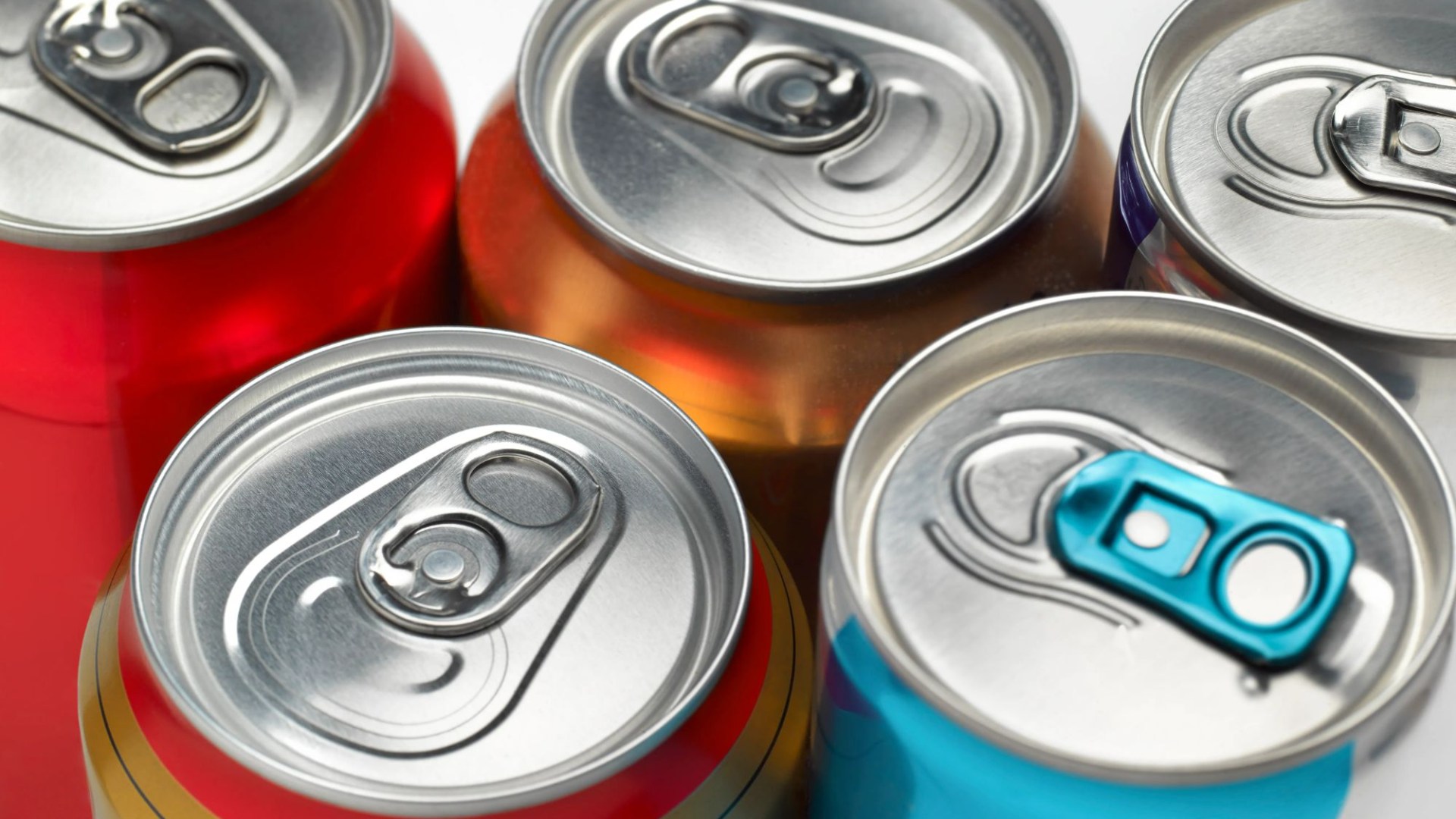AN ingredient lurking in energy drinks and supplements may increase your risk of a heart attack and stroke, scientists warn.
The ingredient has been touted for its cardiovascular benefits and research has even suggested it may help you live longer – but a new study casts doubt on these claims.
1
Taurine is an amino acid that’s one of the building blocks of protein, GP Dr Philippa Kaye said.
She previously told Sun Health: “You need protein in your diet to help your body repair cells and make new ones.
“It is found in fish and meat and has roles in the body such as in energy production” – which is why it’s often added to supplements and energy drinks.
Studies into taurine have claimed that the amino acid may add years to your life – with one piece of research finding that it increased the lifespan of mice by 12 per cent.
The study by Columbia University also found the chemical could also help improve health in middle-aged folk by suppressing age-related weight gain and improving immunity.
But new research by published in the Journal of Exploratory Research in Pharmacology, showed that taurine may raise the risk of serious heart issues.
Researchers from several institutions in Nanjing, China, looked at how the amino affects the development of atherosclerosis – a buildup of fats and cholesterol called plaques that narrows the arteries and limits blood flow.
The condition can increase your risk of heart attack and stroke.
“[Taurine] has been widely used as a dietary supplement to manage cardiovascular diseases and type 2 diabetes,” the study authors wrote.
“However, studies have shown contradictory effects of taurine on blood pressure.
“While clinical administration of taurine at 1.6 g/day for 12 weeks has been found to lower blood pressure in patients with hypertension, combining taurine with caffeine in energy drinks may lead to acute blood pressure elevation.
“Hypertension can promote atherosclerosis by increasing vessel contractility and causing endothelial injuries, which leads to the formation of atherosclerotic plaques.”
The research team first examined blood samples from 145 people who were either health or at various stages of coronary heart disease.
They found that patients experiencing acute heart attacks had significantly higher levels of taurine in their blood compared to healthy individuals or those with stable heart conditions.
Researchers suggested that the elevated taurine levels seen in heart attack patients might be the body’s response to cardiac stress rather than a cause of the heart attack.
But they noted that people should be carefully monitored while using taurine supplements, especially if they have cardiovascular disease.
Researchers then used laboratory mice to further examine this connection.
They genetically modified the mice to develop atherosclerosis, accelerating the formation of plaque in the rodents’ arteries before treating them with taurine for four days.
While taurine did seem to reduce the size of the mice’s arterial plaques, it made them less stable.
The treated plaques had less collagen and fewer smooth muscle cells, which keep plaques stable and less likely to rupture.
If plaques become unstable and rupture, they can cause a sudden blockage in blood flow and trigger heart attacks and strokes.
The study team found that while taurine reduced the size of arterial plaques in mice, it also made these plaques less stable and more prone to rupture.
A possible cause of this was that taurine seemed to increase the production of certain enzymes that break down collagen in blood vessel walls, weakening the structure of plaques.
“These findings suggest that taurine supplementation may reduce both the size and stability of atherosclerotic plaques,” researchers said.
“Therefore, dietary taurine supplements should be used with caution,” they warned.
The horrifying side effects of energy drinks
- A mixed martial arts fighter was sparring at his local gym when his heart suddenly stopped and he slipped into a coma – it’s believed energy drinks may have contributed to his death
Researchers stressed that their findings don’t necessarily mean people should completely stear clear of taurine.
But they suggested that healthcare providers should carefully monitor people taking taurine supplements, especially if they already have heart issues.
“Clinicians should monitor vascular smooth muscle cells closely when using taurine as a dietary supplement, as excessive administration may reduce smooth muscle cells and increase the risk of plaque rupture,” they wrote.
They also called for the risks that taurine poses to patients with plaques to be further explored.
“Although the present study found that short-term taurine treatment significantly reduced plaque area and stability in atherosclerotic mice, which may increase plaque vulnerability to rupture, further investigations are needed to elucidate the mechanisms by which taurine affects both plaque area and stability,” researchers concluded.
These findings come after a Mayo Clinic study found that energy drinks – packed with caffeine as well as substances like taurine – can potentially disrupt the heart’s electrical system, increasing the risk of abnormal heart rhythms.
What are the symptoms of atherosclerosis?
You may not have any symptoms of atherosclerosis, but symptoms can include:
- chest pain
- pain in your arms and legs, especially when exercising
- feeling short of breath
- feeling tired all the time
- feeling weak
- feeling confused
If you’re over 40 you can get a free NHS health check which can spot the early signs of heart disease and stroke, as well as kidney disease, dementia and type 2 diabetes.
Ask for an urgent GP appointment or get help from NHS 111 if:
- you have chest pain that comes and goes
- you feel short of breath
- you have pain in your arms and legs when walking or exercising
You can call 111 or get help from 111 online.
Source: The NHS




